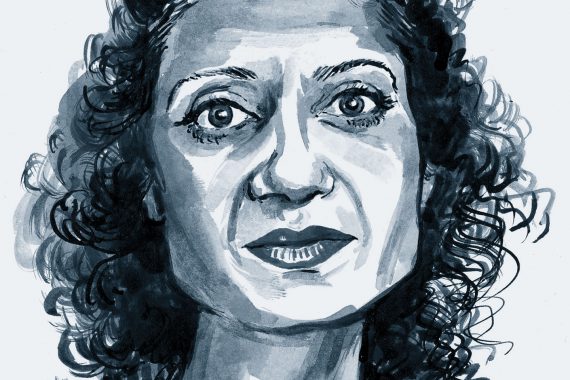Forced to fight over crumbs

It was my day off today and a beautiful, sunny morning, but I still went into work. In spite of having already clocked up around 35 hours just halfway through the week, I still felt positive. I guess it was partly because the endorphins from my morning run were still bathing my brain and partly because I felt I was improving patient services. As prescribing lead, I have been busy implementing the new electronic prescribing service and I wanted to ensure protocols were written and the backlog of prescription requests was managed.
Still positive, the first thing I did was log on to my email. What I remember most about opening that email was nausea rising from the pit of my stomach. I knew the news was imminent, but that didn’t stop the shock of what I saw. The figures for our PMS review had been released – and the situation was far worse than anyone had imagined.
My initial feelings were a mixture of anger, fear and despair. There was also the cruel irony of coming in on a day off to provide a better service for your patients, only to be informed you have to do more for less.
My practice is typical of many of those who receive the so called ‘PMS premium’ in the inner city: it is highly deprived; patients are poor, both financially and in self-care skills; and it is multicultural, with a range of languages spoken. Most of our consultations are carried out through an interpreter and it takes twice as long. We have higher-than-expected morbidity for a youngish population due to deprivation and ethnicity. The austerity drive over the past five years has also caused a massive increase in work. We’ve had an influx of patients wanting medical assistance for various appeals, from the bedroom tax to personal independence payments. Even if we adopt resilient policies to discourage these requests, they still impact on access.
Yet I know we are not alone in our plight. Every practice has its unique issues; those without our communication or deprivation issues will have a growing list of housebound, elderly patients. The simple fact is we are all struggling to remain sustainable within the current funding structure. It is clearly crucial to iron out historical funding inequalities that resulted from various political gimmicks.
But NHS England, in its wisdom, thinks we should all be drilled down to the lowest funded practice, not the highest.
The optimists around the table tell me not to worry because all this money will stay in primary care. Now, I like to consider myself a realist or a pragmatist, rather than a pessimist. But the reality is – there is no new money. This means that although a minority of practices in our area may benefit from the PMS pot of money, the majority will lose out. We are facing giving up a sixth of the cake in return for a tenth.
And at a time when we should be collaborating to survive, we’ll be fighting other practices to retain our share of this cake as it shrinks year on year for the next five years. When all is said and done, I wonder if patients realise all they will be left with are the crumbs.
Dr Shaba Nabi is a GP trainer in Bristol
Pulse October survey
Take our July 2025 survey to potentially win £1.000 worth of tokens











